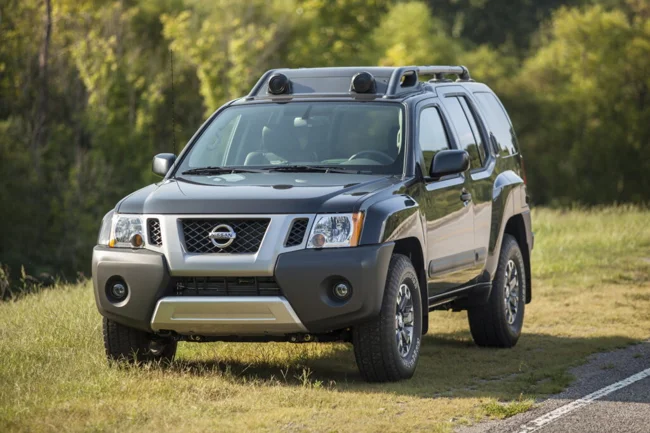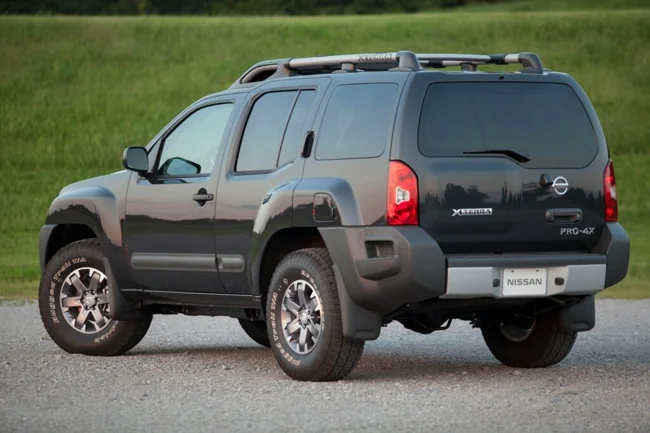Nissan has temporarily suspended production of its electric vehicle to revive one of its most famous SUVs (3 photos)

New Details on the Revived Nissan Xterra SUV
More details have emerged about the revived Nissan Xterra SUV, about six weeks after the Japanese automaker confirmed that a new generation was in the works. The return of the rugged SUV is likely to disappoint long-time fans, although its revival appears to be taking place at the expense of a new electric model that was planned for production in the United States.
Key Update Highlights
Production Plans and Market Strategies
Shortly after CEO Ivan Espinoza confirmed the Xterra’s revival at a national dealer meeting, Nissan Americas President Christian Meunier confirmed plans to bring the SUV to market in 2028. It will be powered by a V6 hybrid powertrain and built at the company’s Canton, Mississippi, plant.
Historical Context and Technical Expectations
It’s been more than a decade since the Xterra was discontinued, and while little is known about the new model, it is expected to use a frame platform, the same underpinnings that will underpin the updated Frontier, as well as the updated Pathfinder and Infiniti QX60. 
Premium Variants and Market Shifts
Meunier hinted that a more premium Infiniti-branded variant could also be possible. He said that “dealers are extremely excited” about the return of the Xterra, though he acknowledged that changing market dynamics have forced Nissan to rethink its EV plans.
Weaker demand for EVs has led the brand to shelve a new project planned for the same plant in Mississippi.
Implications for electric models
The canceled electric vehicle was to use batteries from SK On, which has a nearby manufacturing facility, and was expected to hit the market in 2028. Meunier said that suspending plans for the model was “the right move,” adding that Nissan continues to evaluate the possibility of producing electric vehicles in the United States. 
Economic aspects and future prospects
However, he acknowledged that this could only make sense if Nissan can achieve significant reductions in production costs, including finding another automaker to collaborate on electric vehicle production. This suggests that automakers are facing difficult decisions about the balance between traditional and electric technologies, especially in the face of fluctuating demand and cost-effectiveness.






















